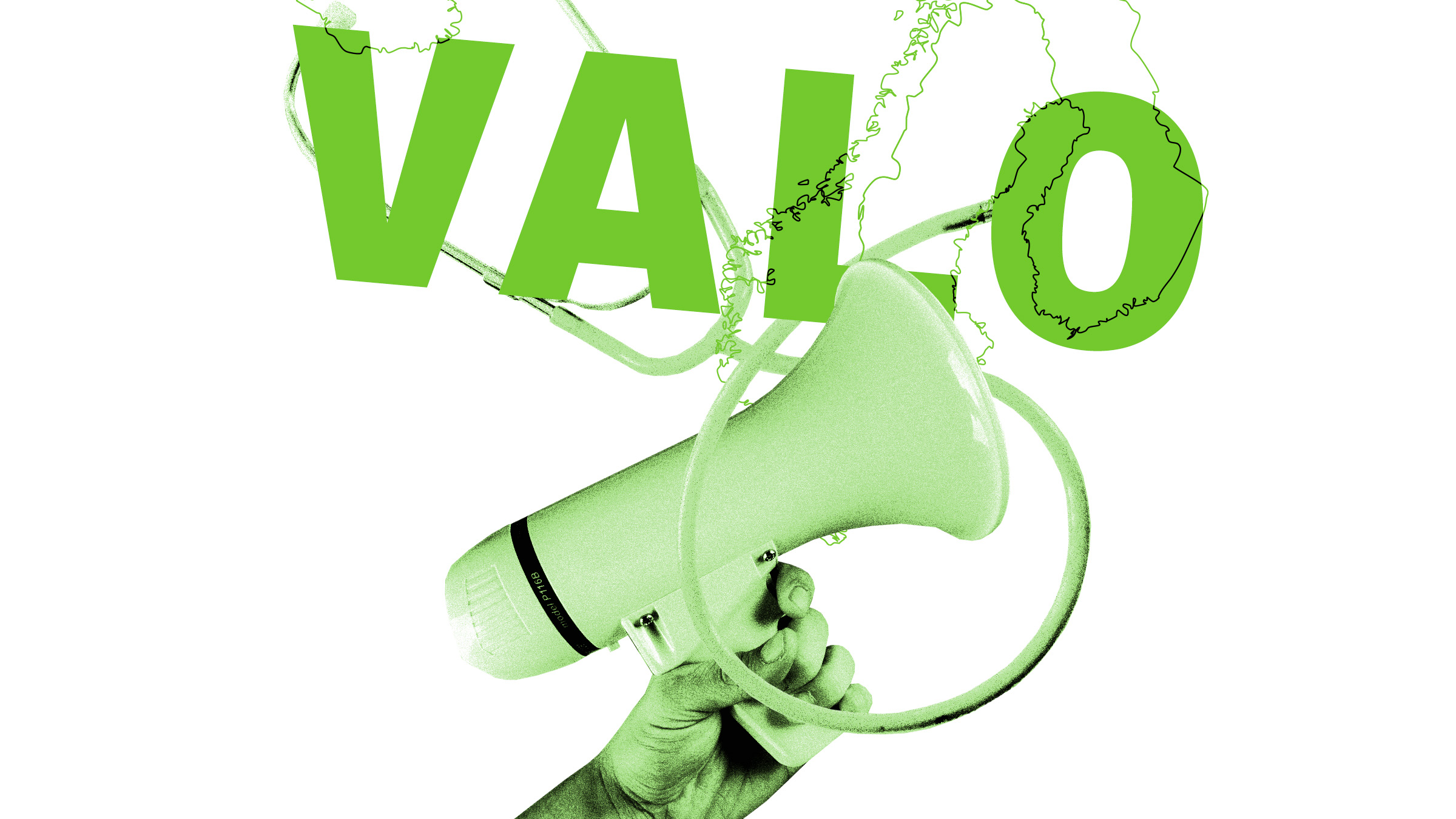The Value from Nordic health data (VALO) project has published a new report, titled “Secondary Use of Health Data in Nordic Cooperation”, which provides a comprehensive analysis of the current state of secondary use of health data Secondary use of health and social data The secondary use of health and social data means that the customer and register data created during health and social service sector activities will be used for purposes other than the primary reason for which they were originally saved. The secondary uses referred to in the Act in Finland include: scientific research, statistics, development and innovation activities, steering and supervision of authorities, planning and reporting duties by authorities, teaching, knowledge management. Open term page Secondary use of health and social data in the Nordic region, along with the challenges and opportunities for fully harnessing its potential.
The Nordic region as a forerunner
The analysis highlights the Nordic countries’ remarkable advantages in secondary health data use, including comprehensive population-based health registries, unique personal identification numbers (PINs) for data linkage, strong public trust and healthcare systems with a shared focus on data protection. These shared characteristics, combined with each country’s individual strengths in infrastructure and resources, position the Nordic region as a leader in the global health data landscape.
Key barriers to effective cooperation
Despite being leaders in the field, the report notes that the Nordic countries face several challenges that limit the full potential of utilising their rich health datasets:
- differences in governance structures and processes across the Nordic countries complicate collaboration and data sharing;
- legal and regulatory fragmentation, varying interpretations of the General Data Protection Regulation (GDPR) General Data Protection Regulation (GDPR) Regulation (EU) 2016/679, the European Union’s ("EU") new General Data Protection Regulation ("GDPR"), regulates the processing by an individual, a company or an organisation of personal data relating to individuals in the EU. Open term page General Data Protection Regulation (GDPR) , strict consent requirements along with ethical concerns around privacy and data pose significant barriers;
- the lack of standardisation in data formats and systems, as well as technical issues related to data interoperability and integration, hinder effective data sharing and utilisation.
Making a difference in healthcare
The report emphasises that improved sharing of Nordic health data could significantly transform healthcare delivery and research.
“For rare disease patients, combining data across our 27 million population means faster diagnosis and better treatment options,” explains Rebekka Björg Guðmundsdóttir, Project Manager at Iceland’s Directorate of Health and lead author of the report. “What might take years to study in a single country can be understood in months when we work together.”
This Nordic collaborative approach has already shown promising results beyond rare conditions, with notable advancements in cancer research, preventive healthcare, drug safety and precision medicine.
Recommendations to unlock full potential
Looking ahead to the launch of the European Health Data Space (EHDS), the report outlines key opportunities for the Nordic countries to strengthen their leadership in health data utilisation for secondary purposes.
To fully leverage the potential of health data, the report emphasises the importance of coordinating policy efforts across the region and recommends that the countries:
- support the use of secure federated solutions for both national and cross-border data processing;
- establish common ethical frameworks and governance models;
- develop shared metadata standards;
- build competencies in AI and data science;
- foster public-private partnerships for innovation.
“By building on our unique strengths while tackling these challenges together, the Nordic countries can both improve their populations’ health outcomes and demonstrate the power of international cooperation in health data use,” says Markus Kalliola, Programme Director at Sitra.
The report is the first concrete step in the work of the VALO project towards proposing an updated model for Nordic collaboration in secondary use of health data. Follow the VALO website for progress updates and opportunities for stakeholder feedback.
Additional information:
Rebekka Björg Guðmundsdóttir, Project Manager, Directorate of Health, Iceland, rebekka.b.gudmundsdottir@landlaeknir.is


